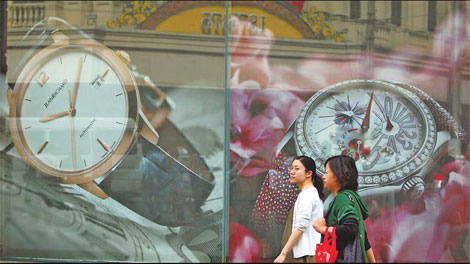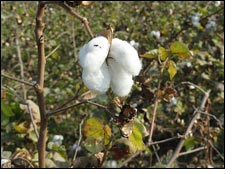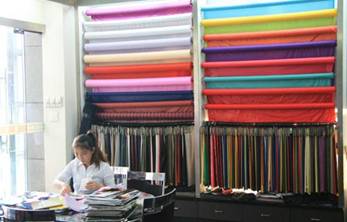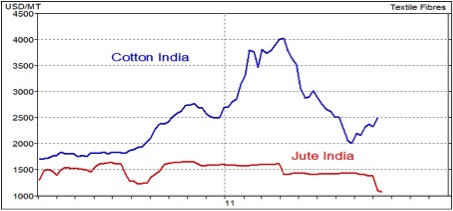|
Bangladeshi textile manufacturers face a deep crisis after the European Union allowed duty free access of ready-made garments from the country produced with material imported from elsewhere, a business leader said Wednesday, reports Reuters. Under new EU rules of origin, clothing exporters can now enjoy duty-free access to 27-nation EU -- the world's largest apparel market -- even if they source fabrics from other countries. The previous EU rules of origin that persisted for 12 years had worked as a protective shield for local textile mills, as it required exporters to buy bulk of their fabrics from Bangladesh in order to enjoy duty free benefit in the EU. "Imports of fabrics, the basic raw-materials of export-oriented ready-made garments (RMG) jumped many fold over the past nine months of the year as the EU relaxed the rules of origin," said Jahngir Alamin, president of Bangladesh Textiles Mills Association (BTMA). "It is a massive threat for the sector as the imports picked at a dangerous level since the EU relaxed its import rules from January this year," Alamin told Reuters. Officials said that during the first six months of the year Bangladeshi RMG exporters imported fabrics worth over 730 million taka ($10 million) from China alone, up from 130 million taka ($2.0 million) during the same period last year. "The import rose 462 per cent, an alarming figure for the domestic manufacturers," Alamin said. Bangladesh's RMG exporters import fabrics from different sources mainly from China and India. There are more than 1,300 primary textile manufacturing factories in Bangladesh's textile sector with a total investment of more than $4.0 billion. Readymade garments are the principal export earner for Bangladesh, and also the biggest employer, after agriculture, in the country. Textile manufacturers said the EU protective shield that expired on December 31, 2010, was the main reason why local entrepreneurs have set up 380 spinning mills, 400 weaving mills and 260 dying factories in the country. Alamin said manufacturers in India, Pakistan, China and Turkey are cashing in on the situation by, he alleged, dumping their fabrics in Bangladesh's textile industry. BTMA had earlier sought cash incentive from the government to safeguard their investment and to make their products competitive as other competitive countries are providing incentives to their industries. thefinancialexpress-bd |
|
Bangladesh textiles hit by new EU trade rules
Updated: 2011-10-9 Source: thefinancialexpress-bd

Recommended News
Photo Gallery
Most Popular



